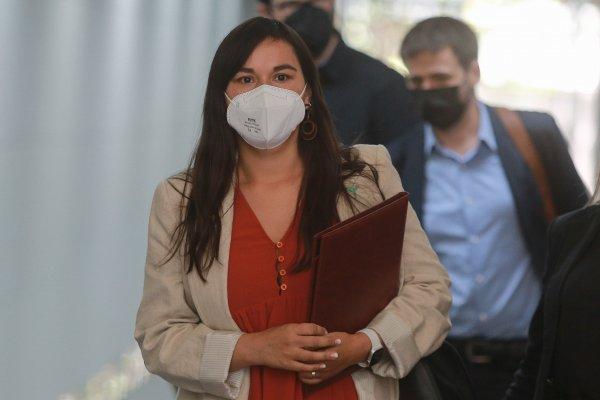One of the priorities of Boric’s Government is to solve the conflict in that country’s region that suffers episodes of rural violence, which in the last year turned into riots, attacks on agricultural machinery and land, fires and shootings with fatalities.
Much of those events are part of the so-called Mapuche conflict, which confronts the State and the country’s main indigenous group that claims the lands they have inhabited for centuries and are currently in the hands of large agricultural and forestry companies.
Last week, the Senate approved the extension for 15 days of the State of Constitutional Emergency Exception that governs in the southern macro-zone since October, which will be in force until March 26.
Boric, who took office on Friday, assured that he will not renew the State of Exception, but neither will suspend its implementation, “because we believe that here an orderly withdrawal of the military forces must be made”, he said, while they will continue to look for ways to stop these events, among them talks.
The agenda of these officials will include meetings with different groups, such as “local authorities, victims of violence, Mapuche communities, organizations and different entities. We are interested in talking with everyone,” Siches said.
pgh/iff/acl/lpn









